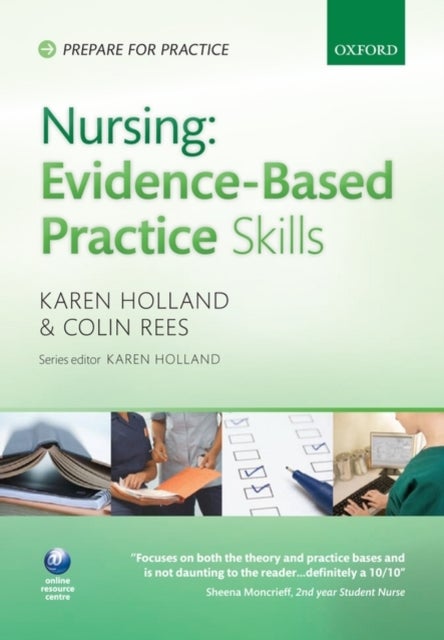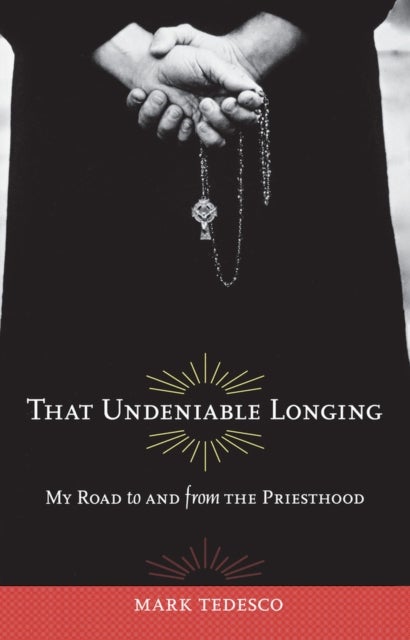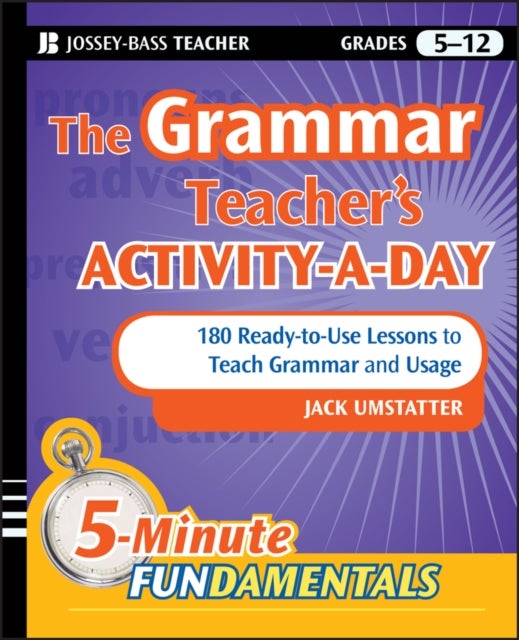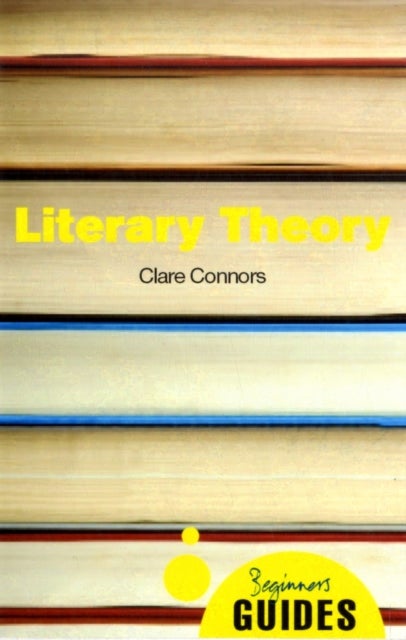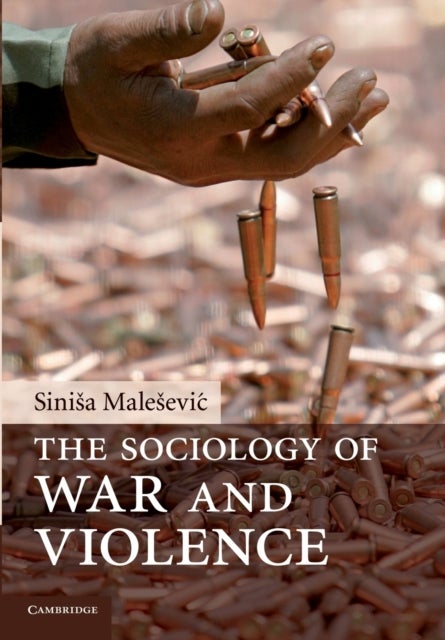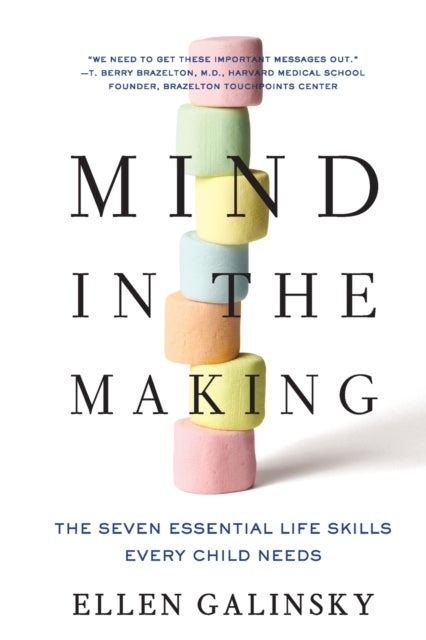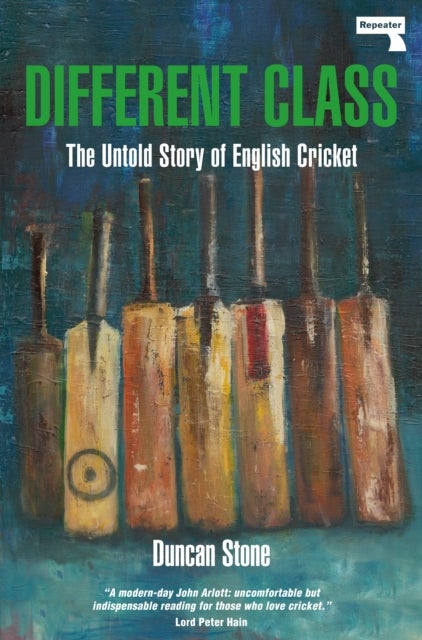
Different Class av Duncan Stone
199,-
<b>In telling the story of cricket from the bottom up, <i>Different Class</i> demonstrates how the "quintessentially English" game has done more to divide, rather than unite, the English.</b><br><br><b>In 1963, the West Indian Marxist C.L.R. James posed the deceptively benign question: "What do they know of cricket, who only cricket know?"</b><br><br>A challenge to the public to re-consider cricket and its meaning by placing the game in its true social, political and economic context, James was, all too subtly, attempting to counter the game’s orthodox history that, he argued, had played a key role in the formation of national culture. As a consequence, he failed, and the history of cricket in England has retained the same stresses and lineaments as it did a century ago — until now.<br><br>In examining recreational rather than professional (first-class) cricket, <i>Different Class</i> does not simply challenge the widely accepted orthodoxy of English cricket, it demonstrate

